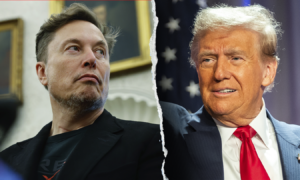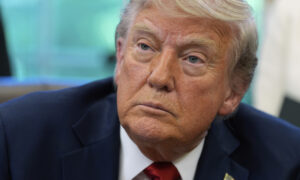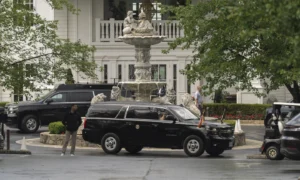Shortly after the FBI executed a search warrant on Mar-a-Lago to investigate whether former President Donald Trump was in possession of certain classified documents, the charges started flying that the move made the U.S. look like a “Banana Republic.”
“The raid of MAL is another escalation in the weaponization of federal agencies against the Regime’s political opponents, while people like Hunter Biden get treated with kid gloves. Now the Regime is getting another 87k IRS agents to wield against its adversaries? Banana Republic,” Florida Gov. Ron DeSantis tweeted.
Former House Speaker Newt Gingrich wrote, “I think we are wavering between restoring the rule of law and the Constitution and decaying into a third-world banana republic system of greed, dishonesty, political power, and law breaking on a grand scale.”
It’s true that few American presidents have found themselves on the wrong side of the criminal justice system — just one has ever been arrested (read to the end of this piece to find out who). But plenty of other countries have arrested, indicted or imprisoned their current or former leaders, and it’s not a mark against their health as a democracy. Quite the contrary.
The evidence shows that free countries — those that have strong records of protecting political rights and civil liberties — are just as likely to hold their current and former leaders accountable as unfree countries. In fact, such moves are slightly more likely to make countries freer than less free, as well as enable free countries to keep their republic intact.
That’s the clear conclusion from a review of 243 cases from 1972 through 2021, where current or former chief executives have been arrested, indicted or imprisoned. These include presidents, premiers and prime ministers, as well as even emperors and monarchs. My students and I looked at a Freedom House dataset to see if the country was considered free, partly free, or not free at the time of the arrest, indictment and imprisonment. We then looked at whether the country’s freedom level designation changed within five years of the arrest (except for cases originating after 2020).







